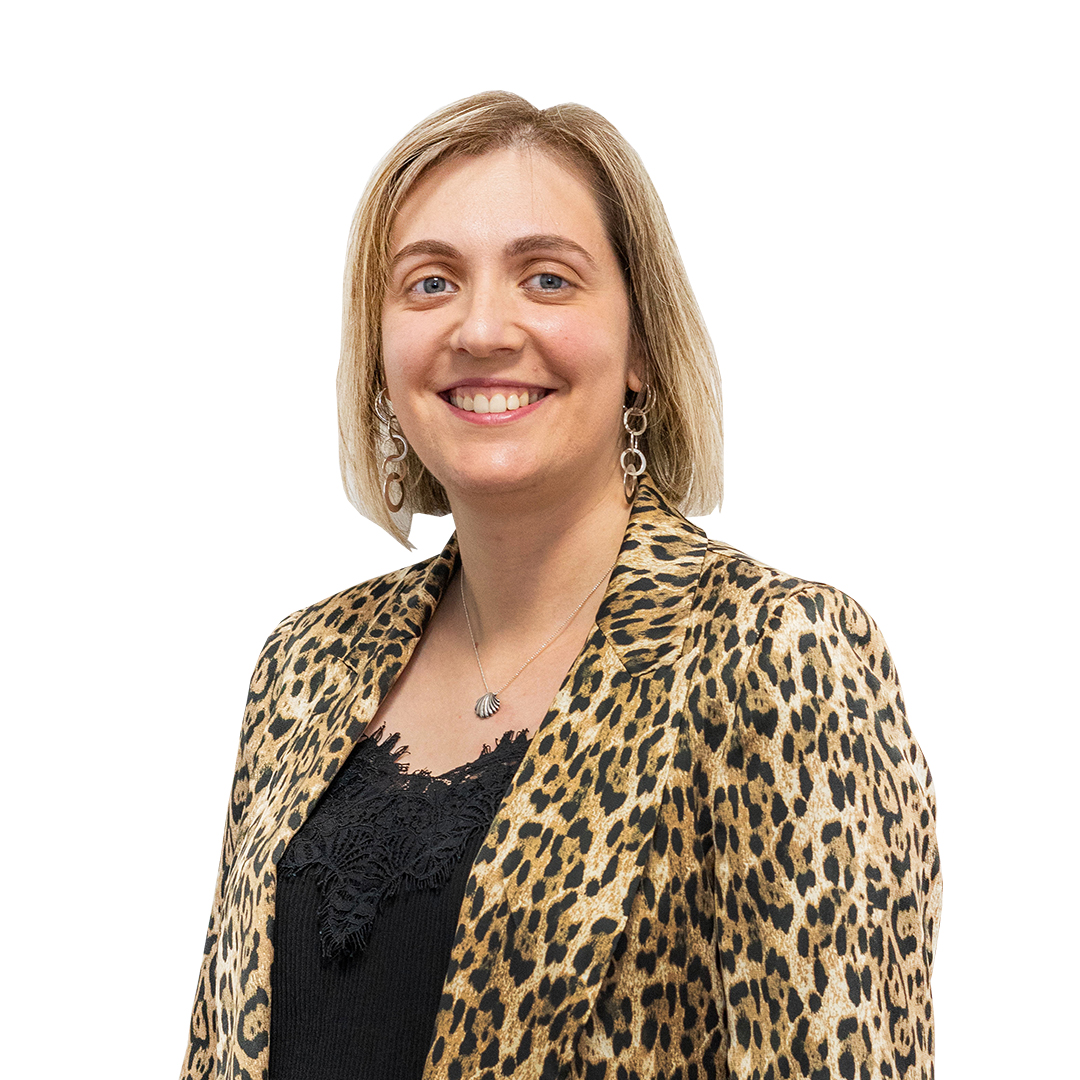
| Acronym: | TEXTIL |
| Cost Center: | 1248 |
| Operation Code: | 1/MAC/2/2.6/0096 |
| Title: | Weaving a Sustainable Future: Promoting the Circular Economy of the Textile Sector |
| Start-End: | 25-10-2024 - 24-10-2028 |
| Entidade Beneficiária Principal: | Fundação Gaspar Frutuoso |
| Gestores da FGF: | Vera Cordeiro |
| Responsible Researcher: | Helena Cristina de Sousa Pereira Menezes e Vasconcelos |
| Organic Units: | FCT - Faculdade de Ciências e Tecnologia |
| Entidade | Montante |
|---|---|
| Total Financing | 61.769,52 € |
| Interreg MAC (85.0 %) | 52.504,09 € |
| Direção Regional da Ciência, Inovação e Desenvolvimento (15.0 %) | 9.265,43 € |
Main Objectives:
Promote the transition to a more sustainable production and consumption model in the textile sector to reduce the fraction of waste incinerated or discarded and promote reuse and recycling through technological proposals, management and cooperation adapted to the context of the outermost regions, i.e. this project focuses on significantly reducing dependence on textile imports of non-sustainable fabrics and boosting the local economy by promoting reuse and recycling practices.
Seeks to establish a comprehensive textile waste management model that not only reduces the fraction of waste incinerated or landfilled, but also actively promotes the circular economy through territorial collaboration and knowledge exchange.
Develop technological and management solutions to promote sustainability through the efficient collection and sorting of municipal textile waste and reuse or mechanical/chemical/biological recycling of waste through technical proposals adapted to the cooperation space.
Promote responsible consumption, reuse and recycling of textile waste in society and encourage economic cooperation policies and activities that contribute to the sustainable transformation of the textile sector.
Project Description:
Common Challenge: The project responds to the need to implement the new EU "Strategy for the circularity and sustainability of textile products" more specifically among the project regions (Canaries, Madeira and Azores) where The textile industry is weak and the environmental impact of textile imports is significant.
General Objective and Expected Change:Transform the sustainable textile sector in these regions, promoting sustainable and circular practices. It seeks to reduce the import of unsustainable textiles and support a greener and more circular economy, including supporting local industries and efficient management of textile waste.
Results and Beneficiaries:Implement a sustainable textile management model that minimizes waste and promotes the recycling and reuse of textiles supported by public policies. It will benefit the local textile industry, tourism and local communities by improving waste management and reducing environmental impact.
Territorial Cooperation Approach:Cooperation between outermost regions (textile importing islands) is fundamental for sharing knowledge and resources, optimizing the impact of the project.
Added Value and Innovative Character:The project envisages the implementation of the EU's "Strategy for circularity and sustainability of textile products" (COM141,2022), customizing solutions sustainable developments for the textile sector, promoting regional self-sufficiency and reducing dependence on imports.
Results:
- Expanding knowledge about the current situation of the textile sector for decision making;
- Development of public policies that promote sustainable textile waste management;
- Networks and alliances between regions to search for solutions;
- Rate of municipal textile waste incinerated or discharged reduced as a consequence of recycling proposed to promote circular and sustainable economy in the cooperation space;
- Greater knowledge of the regions on the topic of reuse and recycling of textile waste;
- Local population aware of good behavior in textile consumption and post-consumer textile waste management;


